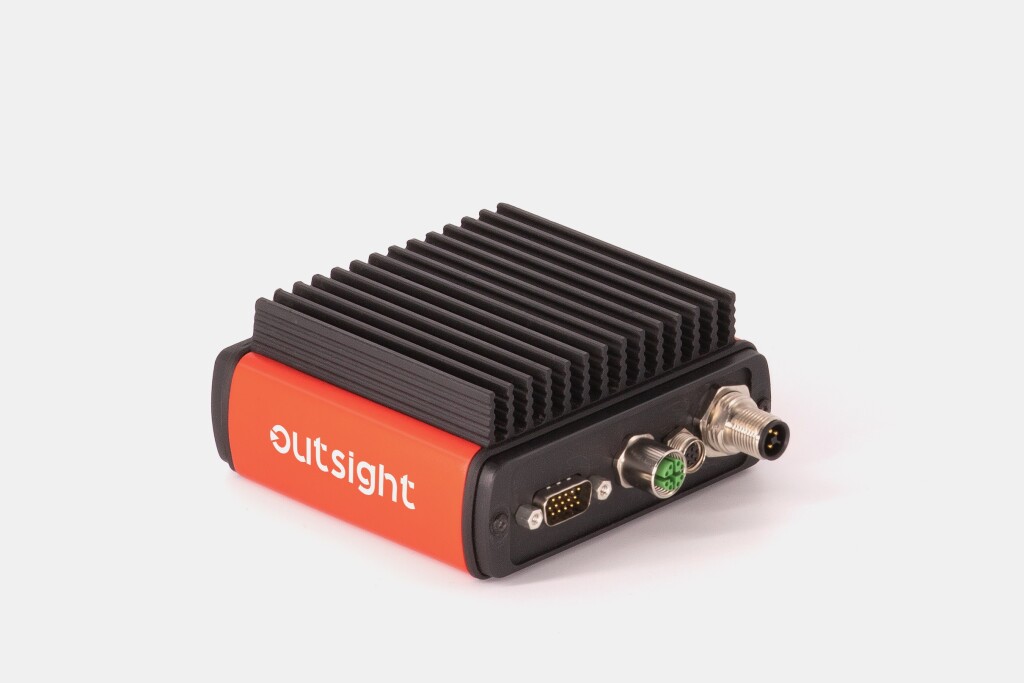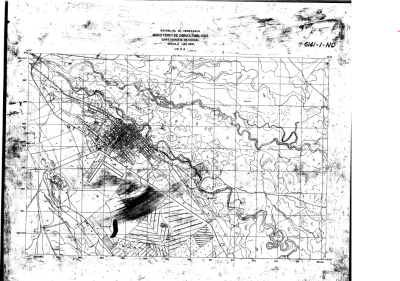If you’ve been a reader or follower for any length of time, we probably don’t need to tell you that lidar is a big deal. As lidar technology continues to rapidly grow as sensors improve, with use cases from mapping and reality capture to autonomous navigation are broadening all the time.
However, the realities of implementing a lidar-based solution for real world use cases can still be daunting. Assessing and selecting the right hardware is difficult enough, especially as lidar manufacturers continue to proliferate. With the different styles and types of scanners, it makes it even more difficult to compare sensor to sensor information. A lot of focus in the past few years from manufacturers have been on their own software, but even then, the software packages that come with different lidar sensors are difficult to directly compare, and vary by application.
Aiming to allow application developers and lidar integrators to use lidar data from any hardware supplier, Outsight has announced a new product that we haven’t seen before – an augmented lidar box (ALB). This box is a real-time lidar software engine that allows integrators to connect to their preferred lidar and accelerate their ability to get real-time, actionable data.
For applications including robotic navigation, crowd monitoring, traffic and road conditions – companies attempting to solve these problems with lidar may find themselves in the position of having to start from scratch in developing outputs from the hardware they’ve selected.
Outsight saw this as an opportunity to develop a piece of hardware that could replace this process – helping users to leverage the value of real-time 3D spatial intelligence that lidar can provide, but without having to process raw lidar data. Raul Bravo, CEO and co-founder of Outsight, said that their experience in working with lidar customers is what drove them to create an alternative solution.
“We saw that people were willing to build solutions using lidar, but they didn’t want (and shouldn’t need to) to reinvent the wheel.”
In order to provide a seamless integration experience, the augmented lidar software engine is delivered embedded in a convenient lidar-agnostic plug and play edge computing device: the ALB. The ALB is, essentially, a lidar pre-processor: a real-time software engine that can turn lidar data into intelligent outputs. Because it only requires an ARM CPU and its AI doesn’t rely on Machine Learning, the solution is power-efficient and doesn’t require any training or annotation.
The ALB provides a comprehensive set of fundamental features that are commonly required in almost every application (e.g., localization and mapping, 3D SLAM, object identification and tracking, segmentation and classification). This enabling software is key for the utility of lidar in the future, says Bravo.
“The hardware aspect of LiDAR is becoming a commodity with prices decreasing very quickly together with impressive performance improvements. However, this new animal in the computer vision landscape remains a complex technology for most customers to use. As it happened every time in modern-day history of technology adoption, we’re convinced that the key condition required for LiDAR to become mainstream is the emergence of enabling software.”
With the broadening applications of lidar, there’s no one-size-fits-all sensor that can fit every application, but the ALB can make applying lidar to a real-world use case easier. The ALB is positioned to be “lidar-agnostic” – providing an enabling computing layer regardless of the end-user application or lidar manufacturer.
To get there, Outsight has established strategic partnerships with many lidar manufacturers, including Velodyne, Ouster, Hensai and Robosense. Without tethering themselves to one particular lidar, Outsight can grow across a variety of industries and continue to add new use-cases to its capabilities.
The launch of ALB also follows the successful deployment of Outsight’s technology at Paris Charles de Gaulle airport to provide accurate real-time monitoring of people flow while preserving the privacy of the data it collects. One of lidar’s key benefits for these types of applications is ensuring anonymity thanks to Privacy by Design: the laser sensor sees shapes and does not see any sensitive data.
As lidar continues to grow as an industry, we have seen 3D scanning hardware companies in particular trying to help to lower the learning curve for performing 3D scans, taking the process out of the realm of the expert. For lidar-based intelligence solutions, however, this solution from Outsight – a smart lidar pre-processor - may be the first step towards removing the layers of expertise and dedicated personnel to set up and integrate lidar for real-time applications. If effective, it could accelerate the use of spatial intelligence data in any number of verticals.






